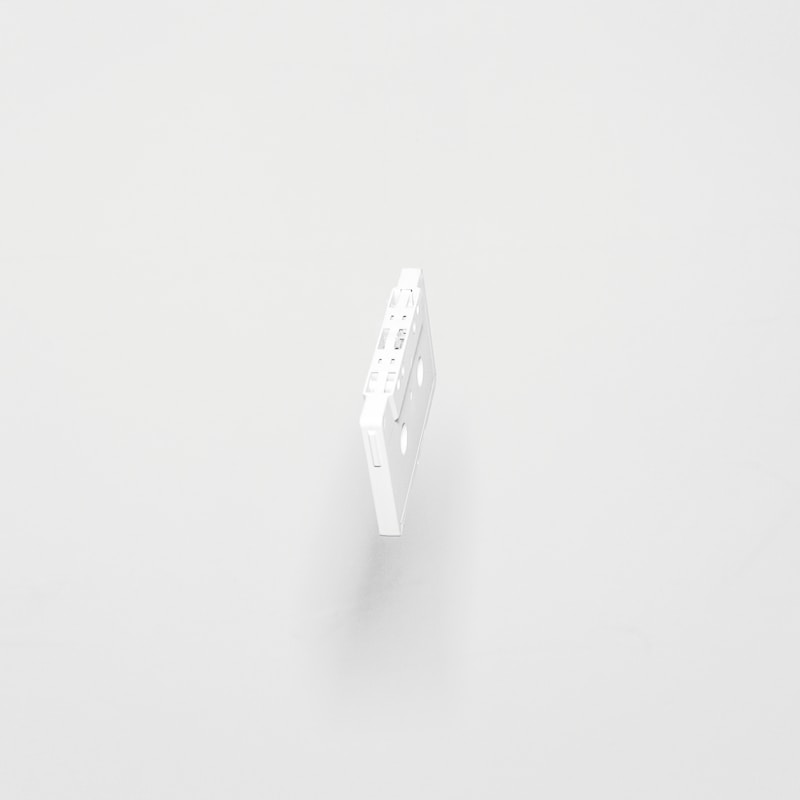Preventing Yellowing in White Fabrics: Effective Tips and Solutions
Understanding the Causes of Yellowing in White Fabrics
White fabrics are often the go-to choice for many, whether it’s for clothing, bed linens, or upholstery. However, over time, these bright and pristine materials can develop unsightly yellow stains. This phenomenon can occur due to a variety of reasons, ranging from improper washing techniques to environmental factors. In this article, we will explore the most common causes of yellowing in white fabrics and provide effective tips for prevention.
The Causes of Yellowing
Yellowing can happen to white fabrics for several reasons. Here are the key factors at play:
| Cause | Description |
| Body Oils and Sweat | Natural body oils and sweat can build up on fabrics, leading to discoloration over time. |
| Improper Washing | Using the wrong detergent or washing technique can cause white fabrics to yellow. |
| Exposure to Sunlight | Prolonged exposure to UV rays can degrade fabric fibers and lead to yellowing. |
| Fabric Composition | Certain materials, particularly synthetic ones, tend to yellow more quickly than natural fibers. |
| Oxidation | Over time, chemicals and environmental factors can cause fabrics to oxidize, leading to yellowing. |
How to Prevent Yellowing in White Fabrics
Preventing yellowing in white fabrics is crucial to maintaining their brightness and quality. Here are some effective strategies:
1. Choose the Right Detergent
Not all detergents are created equal. When washing white fabrics, opt for a high-quality detergent that is specially formulated to brighten whites. Look for products that contain optical brighteners and avoid those with bleach, which can lead to fabric damage and may cause yellowing over time.
2. Wash Regularly
Do not allow sweat and body oils to build up on your white fabrics. Regular washing (preferably after each use) helps prevent stains from setting in. Be sure to follow the care label instructions for the best results.
3. Use Cold Water
Washing white fabrics in cold water can help preserve their brightness. Hot water can sometimes cause fabrics to shrink and fibers to break down, leading to discoloration.
4. Add Baking Soda or Vinegar
Adding a cup of baking soda or white vinegar to your wash can act as a natural brightener and help combat yellowing. These ingredients not only enhance the cleaning power of your detergent but also neutralize odors.
5. Avoid Direct Sunlight
When drying your white fabrics, avoid hanging them out in direct sunlight. Instead, opt for a shaded area or use a dryer on a medium heat setting. This will help prevent UV rays from causing yellowing.
6. Store Properly
Storing white fabrics improperly can also lead to yellowing. Ensure your fabrics are clean and dry before storing them in a cool, dry place. Consider using breathable fabric storage bags to provide additional protection.
Dealing with Existing Yellow Stains
If you discover yellow stains on your white fabrics, don’t worry! There are effective methods for treating and removing these stains:
1. Lemon Juice and Baking Soda
A popular home remedy combines lemon juice and baking soda. Create a paste and apply it directly to the stained area. Let it sit for a few hours before rinsing off with cold water.
2. Hydrogen Peroxide
For tougher stains, a mixture of hydrogen peroxide and water can be effective. Test a small hidden area first to ensure it won’t damage the fabric. Apply, let sit, and then wash as usual.
3. Commercial Stain Removers
There are numerous commercial stain removers available that specifically target yellowing on white fabrics. Follow the product instructions carefully for the best results.

Conclusion
In summary, preventing yellowing in white fabrics requires a proactive approach in both washing and care. By selecting the right detergents, washing regularly, avoiding direct sunlight, and using natural cleaners like baking soda and vinegar, you can keep your white fabrics looking fresh and bright. It’s also important to be mindful of how you store and handle these fabrics. If yellowing does occur, timely action with remedies such as lemon juice and hydrogen peroxide can help restore their original beauty. Remember, taking care of your white fabrics not only maintains their aesthetics but also prolongs their lifespan.
Final Tips
As a final note, consider checking the fabric care labels before attempting any cleaning method. Understanding your fabric's composition and requirements can save you from potential damage. With these tips, you can confidently enjoy your white fabrics without the common worry of yellowing.